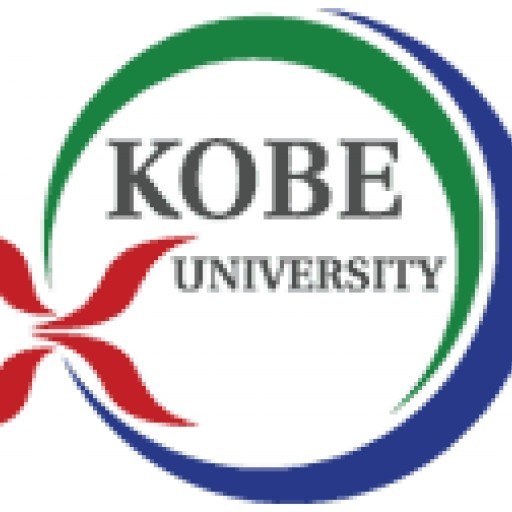Photos of university / #unigoettingen
The Molecular Ecosystem Sciences program at the University of Göttingen offers a comprehensive and interdisciplinary education focused on understanding the complex interactions within ecosystems at the molecular and organismal levels. This program is designed to equip students with a deep knowledge of molecular biology, ecology, biochemistry, and environmental sciences, enabling them to analyze and interpret biological processes that drive ecosystem functions and biodiversity. Through rigorous coursework, practical laboratory training, and field studies, students will gain vital skills in research methodologies, data analysis, and scientific communication. The curriculum emphasizes the integration of molecular techniques with ecological concepts, preparing graduates to address pressing environmental issues such as climate change, habitat loss, and sustainable resource management. Students will have opportunities to work with advanced technologies like DNA sequencing, bioinformatics, and molecular imaging, fostering innovation and technical proficiency. The program also promotes collaboration across disciplines, encouraging students to engage in national and international research projects. Graduates of the Molecular Ecosystem Sciences program will be well-equipped for careers in academia, environmental consultancy, conservation organizations, biotechnology companies, or further academic research. The University of Göttingen’s dedicated faculty, modern laboratories, and vibrant research community provide an ideal environment for students to develop their scientific competencies and contribute to advancing knowledge in ecosystem science. Overall, this program offers a unique blend of molecular biology and ecology, preparing students to become leaders in understanding and preserving the natural world at its most fundamental levels.
Educational organisation
Winter semester 1:Molecular Plant and Stress Physiology
Chemical Ecology
Ecological Genetics
Biotic and Abiotic Interactions
Laboratory Techniques
Summer semester 1:
Microbiology and Molecular Biology
Ecological Modelling
Computer Science and Mathematics
Plant Ecology and Diversity
The Science-Policy Interface: Society and Research Structures
Winter semester 2:
Terrestrial Biogeochemistry
Environmentally Friendly Production of Wood
Methods in Systems Biology
Biodiversity of Pro- and Eukaryotic Soil Microbial Communities
Scientific Methods and Project Design
Summer semester 2 (elective modules):
Special Topics in Plant Methods and Ecological Applications
Semiochemical Diversity
Protection of Renewable Resources
Conservation of Biodiversity
Intraspecific Diversity of Plants
Research internship
Scientific project
Practical training in laboratory techniques
Winter semester 3:
Conservation and Ecosystem Management
Atmosphere-Ecosystem-Interactions
Resource Assessment in Ecosystems
Isotopes in Ecosystem Science
Scientific Writing
Summer semester 3:
Global Change
Molecular Soil Ecology
BSc Project
BSc Thesis
Study abroad unit(s)
A full semester is reserved for elective modules, and students are encouraged to spend this semester at partner universities abroad to further strengthen their international profile.Internships
Optional for the vacation periodForms of assessment
The forms of assessment vary depending on the module: oral/written examinations, reports, protocols, term papers and presentations. The programme ends with a Bachelor's project and the BSc thesis.Course objectives
Graduates of this research-based study programme will have gained a solid basis to work in the fields of environmental ecology and conservation. The pace of global change leaves little doubt that their knowledge will be urgently needed. Graduates will be used to working in international teams to find innovative solutions to complex problems. These abilities are in high demand by many employers, not only in environmentally-oriented businesses. However, our vision is to stimulate young students to develop independent thinking and to immerse themselves in ecological research. Thus, many students might continue their studies as postgraduates and eventually become life-long members of the growing community of scientists working in molecular ecology.Language requirements
Applicants must provide proof of their English skills:TOEFL 500 (paper-based), 173 (computer-based), 61 (iBT)
CAE grade C
CFE grade B
ALTE level 3
IELTS 5
or equivalent
Such proof is not required from native English speakers or from "Abitur" holders (no longer than three years ago) with a minimum average grade of 11 in English.
Academic requirements
University entrance qualificationEnrolment fees
Enrolment fees are approx. 300 EUR per semester. Fees include a pre-paid semester ticket which entitles students to use regional trains free of charge within the federal states of Lower Saxony and Bremen, as well as city buses. Students of the University of Göttingen receive discounts for cultural events. Meals and drinks are also available at reduced prices at all university canteens.http://www.uni-goettingen.de/fee






